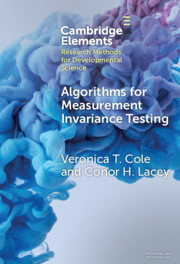Human trafficking affects millions of people globally, disproportionately harming women, girls and marginalized groups. Yet one of the main sources of data on global trafficking, the annual Trafficking in Persons (TIP) Reports, is susceptible to biases because report rankings are tied to political outcomes. The literature on human rights measurements has established two potential sources of bias. The first is the changing standards of accountability, where more information and increased budgets change the standard to which countries are held over time. The second is political biases in reports, which are amended to comply with the interests of the reporting agency. This letter examines whether either of these biases influence the TIP Reports. In contrast to other country-level human rights indicators, the State Department issues both narratives and rankings, which incentivizes attempts to influence the rankings based on political interests. The study uses a supervised machine-learning algorithm to examine how narratives are translated into rankings, to determine whether rankings are biased, and to disentangle whether bias stems from changing standards or political interests. The authors find that the TIP Report rankings are more influenced by political biases than changing standards.
